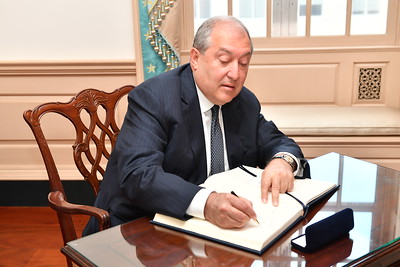Iran and Afghanistan Inaugurate Cross-Border Railway
By Sudha Ramachandran
April 27, 2021, the CACI Analyst
A new railway line running between Khaf in Iran and Herat in Afghanistan has generated much optimism in the two countries as it has the potential to boost bilateral travel and trade. The railway link is important to the larger region as well as it is part of the ambitious Five Nation Railway Corridor project. While there are great expectations of the FNRC project and the Khaf-Herat railway link’s recent inauguration in the participating countries, the road ahead will not be easy and the project faces implementation problems as well as competition from rival projects.
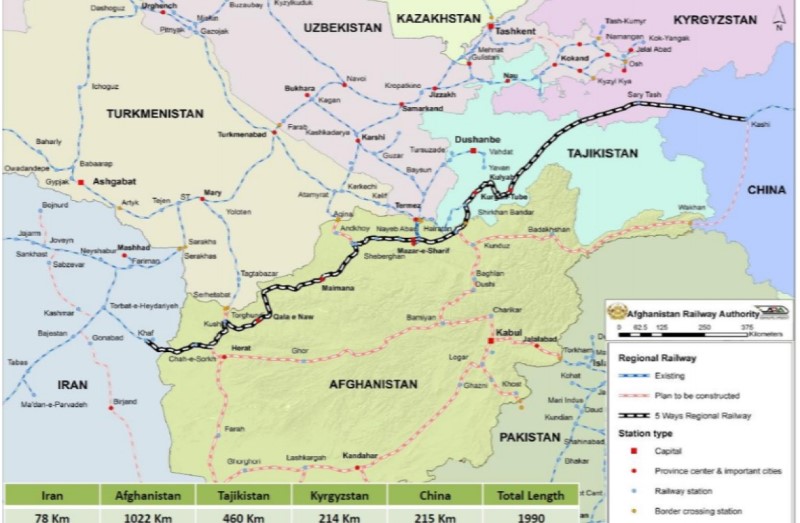
China Places Central Asia in its Gunsights
By Stephen Blank
December 14, 2020, the CACI Analyst
China has offered the Taliban investments in energy and infrastructure projects in return for the conclusion of a peace deal with the government in Kabul. In return for peace, China would commence building a major six-lane highway road network across Afghanistan. This road network would facilitate regional trade with Central Asia and permit direct land access from China to Iran. However, this network would also serve as a means for China to project direct force into Afghanistan, Central Asia, or Iran if needed.
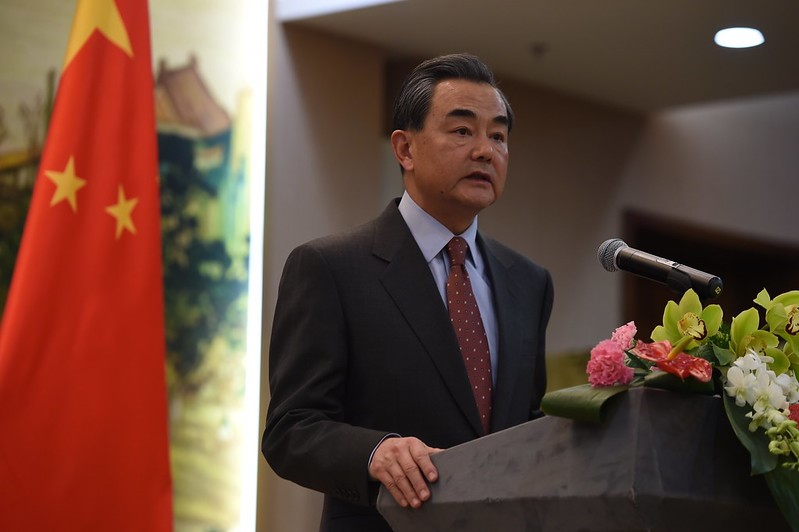
The Armenia-Azerbaijan War: Downgrading Iran’s Regional Role
By Brenda Shaffer
November 25, 2020, the CACI Analyst
The security architecture emerging in the South Caucasus following the war between Armenia and Azerbaijan led to significant changes for the region’s three main powers: Russia and Turkey gained increased power in the region, while Iran’s leverage in the region declined. The war outcomes also strengthened domestic challenges from Iran’s large ethnic Azerbaijani community, which opposed Tehran’s support for Armenia in the war.
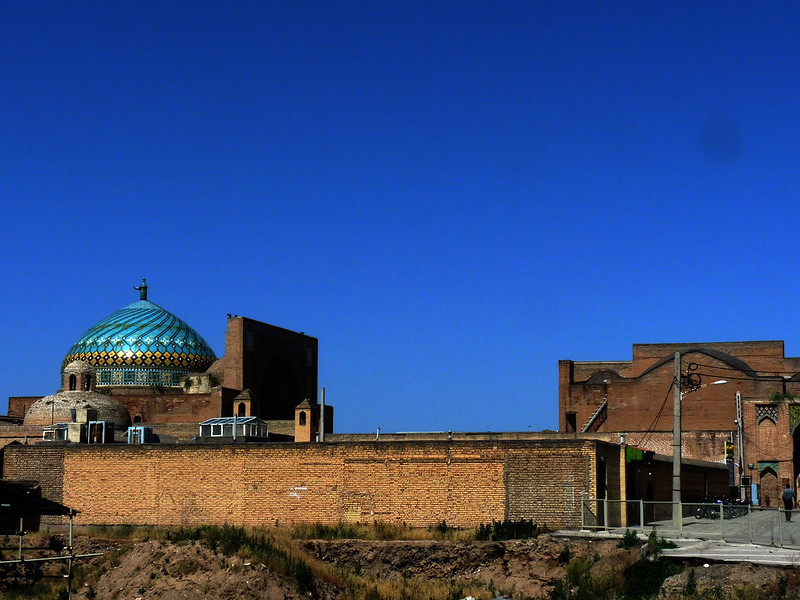
What does Iran and China's US$ 400 Billion Defense and Trade Deal Mean for India?
By Umair Jamal
September 30, 2020, the CACI Analyst
China and Iran’s US$ 400 billion trade deal will hurt India’s economic and security interests. With Iran likely to offer China the Chabahar port project, India’s Central Asia policy has suffered a huge setback. The Iran-China deal increases the importance of the China-Pakistan Economic Corridor (CPEC), a project that India opposes. Going forward, India’s ability to isolate Pakistan and balance China’s role will be severely circumscribed. The concerted effort of Iran, Pakistan and China to increase economic connectivity will definitely also involve Afghanistan, whereas India’s diplomacy faces an uphill task with the loss of a key ally to China.
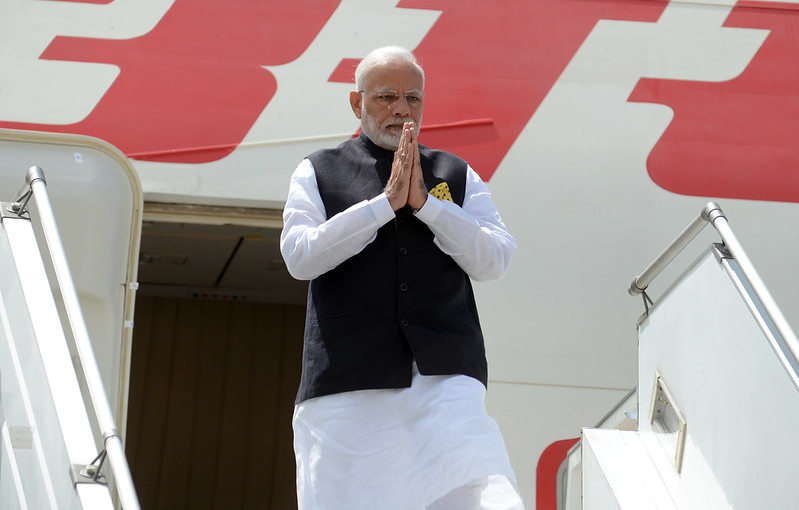
Expanding Armenia - Israel Relations: Implications for Iran’s Foreign Policy in the South Caucasus
By Vali Kaleji
September 10, 2020, the CACI Analyst
Close bilateral ties between Iran and Armenia have been overshadowed by sudden expansion of Yerevan-Tel Aviv links. Tehran views Israel as a "third factor" playing a negative role in Iranian relations with its neighbors including Armenia, and threatening security and stability throughout the South Caucasus. Armenian officals mantain that the decision made by Yerevan was known to Tehran at the outset, and the boosting of Yerevan-Tel Aviv ties is not directly against others, including Iran.
